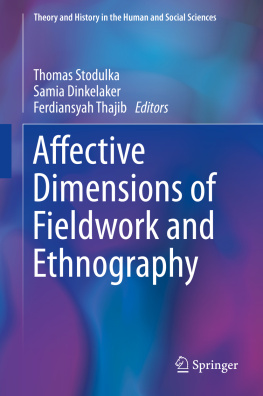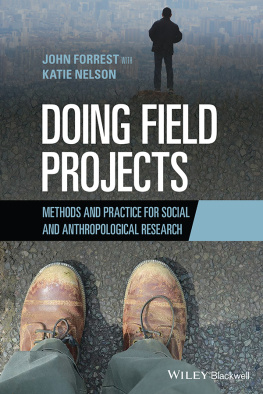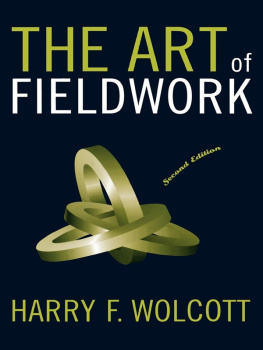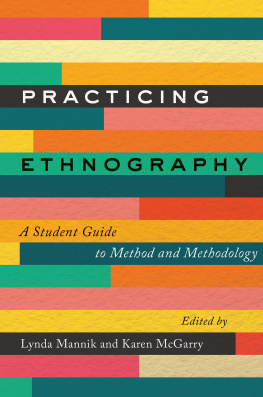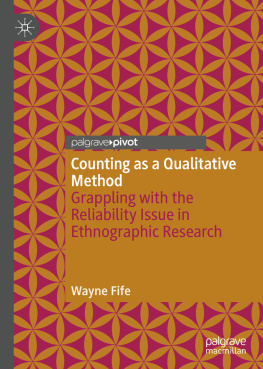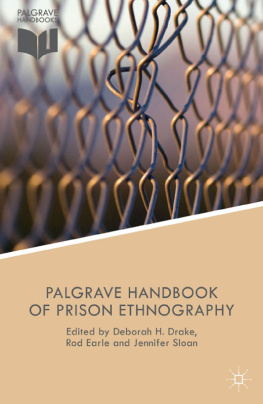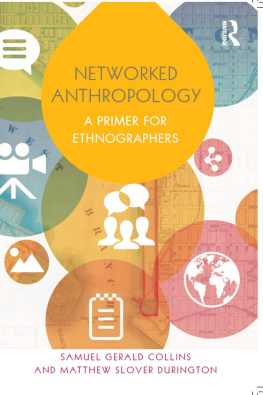Theory and History in the Human and Social Sciences
Series Editor
Jaan Valsiner
Department of Communication and Psychology, Aalborg University, Aalborg, Denmark
Theory and History in the Human and Social Sciences will fill in the gap in the existing coverage of links between new theoretical advancements in the social and human sciences and their historical roots. Making that linkage is crucial for the interdisciplinary synthesis across the disciplines of psychology, anthropology, sociology, history, semiotics, and the political sciences. In contemporary human sciences of the 21st there exists increasing differentiation between neurosciences and all other sciences that are aimed at making sense of the complex social, psychological, and political processes. This new series has the purpose of (1) coordinating such efforts across the borders of existing human and social sciences, (2) providing an arena for possible inter-disciplinary theoretical syntheses, (3) bring into attention of our contemporary scientific community innovative ideas that have been lost in the dustbin of history for no good reasons, and (4) provide an arena for international communication between social and human scientists across the World.
More information about this series at http://www.springer.com/series/15826
Editors
Thomas Stodulka
Institute of Social and Cultural Anthropology, Freie Universitt Berlin, Berlin, Germany
Samia Dinkelaker
Institute of Migration Research and Intercultural Studies, Osnabrck University, Osnabrck, Germany
Ferdiansyah Thajib
Institute of Social and Cultural Anthropology, Freie Universitt Berlin, Berlin, Germany
ISSN 2523-8663 e-ISSN 2523-8671
Theory and History in the Human and Social Sciences
ISBN 978-3-030-20830-1 e-ISBN 978-3-030-20831-8
https://doi.org/10.1007/978-3-030-20831-8
Springer Nature Switzerland AG 2019
This work is subject to copyright. All rights are reserved by the Publisher, whether the whole or part of the material is concerned, specifically the rights of translation, reprinting, reuse of illustrations, recitation, broadcasting, reproduction on microfilms or in any other physical way, and transmission or information storage and retrieval, electronic adaptation, computer software, or by similar or dissimilar methodology now known or hereafter developed.
The use of general descriptive names, registered names, trademarks, service marks, etc. in this publication does not imply, even in the absence of a specific statement, that such names are exempt from the relevant protective laws and regulations and therefore free for general use.
The publisher, the authors, and the editors are safe to assume that the advice and information in this book are believed to be true and accurate at the date of publication. Neither the publisher nor the authors or the editors give a warranty, express or implied, with respect to the material contained herein or for any errors or omissions that may have been made. The publisher remains neutral with regard to jurisdictional claims in published maps and institutional affiliations.
This Springer imprint is published by the registered company Springer Nature Switzerland AG
The registered company address is: Gewerbestrasse 11, 6330 Cham, Switzerland
Series Foreword
The Real Humanity of Research
From Suffering to Knowledge
This volume is a breakthroughovercoming the consensual social norm that denies the affective origins of scientists passion for knowledge. Contributions to this bookcoming from the framework of anthropologyprove to all social sciences that the basis for all new knowledge is the affective goals-oriented subjective striving by researchers who are dedicated to their fields and are ready to endure various kinds of hardships in their ways. Whether this entails anthropologists frustrations during their fieldwork or a number crunching sociologist who tries to understand how society works from meta-analyses of big data, the human affective relating with the desire to find out something new is shared across all sciences.
Maintaining the image of rationality of science is possible only through its oppositethat of the deep irrationality of the researchers who take risks of being burned on a stake or discredited for offering seemingly unrealistic ideas that, decades later, become recognized as major breakthroughs. Such passion for objectivity in science is admirable in its persistence. We find ways to experience the curious pleasure of the pain of our grant applications being turned down, submitted papers only to be rejected by journal reviewers, and our university administrators forcing upon us mundane tasks that have no connection with knowledge creation. We feel frustratedyet ready to go on, as our intellectual goals are personally, deeply crucial for us. Science is a subjective and affective solution for personal life dedication. It is a kind of liminal plane of existence from which there is no return; we can only forge ahead towards knowledge. If we are lucky and persistent in suffering through the hardships of such pilgrimages, these hardships may reach their destination. But they also can be aborted halfway, as we see promising researchers turning into administrators or perpetuators of existing knowledge.
The process of creating new knowledge is inherently ambiguousrequiring researchers to accept their role of constantly moving ahead amidst all the uncertainties of their exploration. Scientific discovery:
reveals new knowledge, but the new vision that accompanies it is not knowledge. It is less than knowledge, for it is a guess; but it is more than knowledge, for it is a foreknowledge of things yet unknown and at present perhaps inconceivable. Our vision of the general nature of things is our guide for the interpretation of all future experience. Such guidance is indispensable. Theories of the scientific method which try to explain the establishment of scientific truth by any purely objective formal procedure are doomed to failure. Any process of enquiry unguided by intellectual passions would inevitably spread out into a desert of trivialities. (Polanyi 1962, p. 135)
Tolerating this permanent state of liminality is the life-course adaptation task for researchers. It is far from being an easy task.
The present volume provides many examples from the field of anthropology, demonstrating that affect is the center of all of our knowledge creation efforts. Years ago, George Devereux (1967) pointed to various ways in which researchers adjust to uncertainties. The new material in this book adds to our basic understanding of the real world difficulties in the field and of the ways in which ordinary human beingswith the assumed, created identity of anthropologists cope with all the various misperceptions of their roles as outsider-researcher and suspicions about their magical or administrative impacts onto the lives of the communities they study. Development of trust in the other is essential for productive fieldworkyet it is a fragile interpersonal state that can vanish in an instant.

